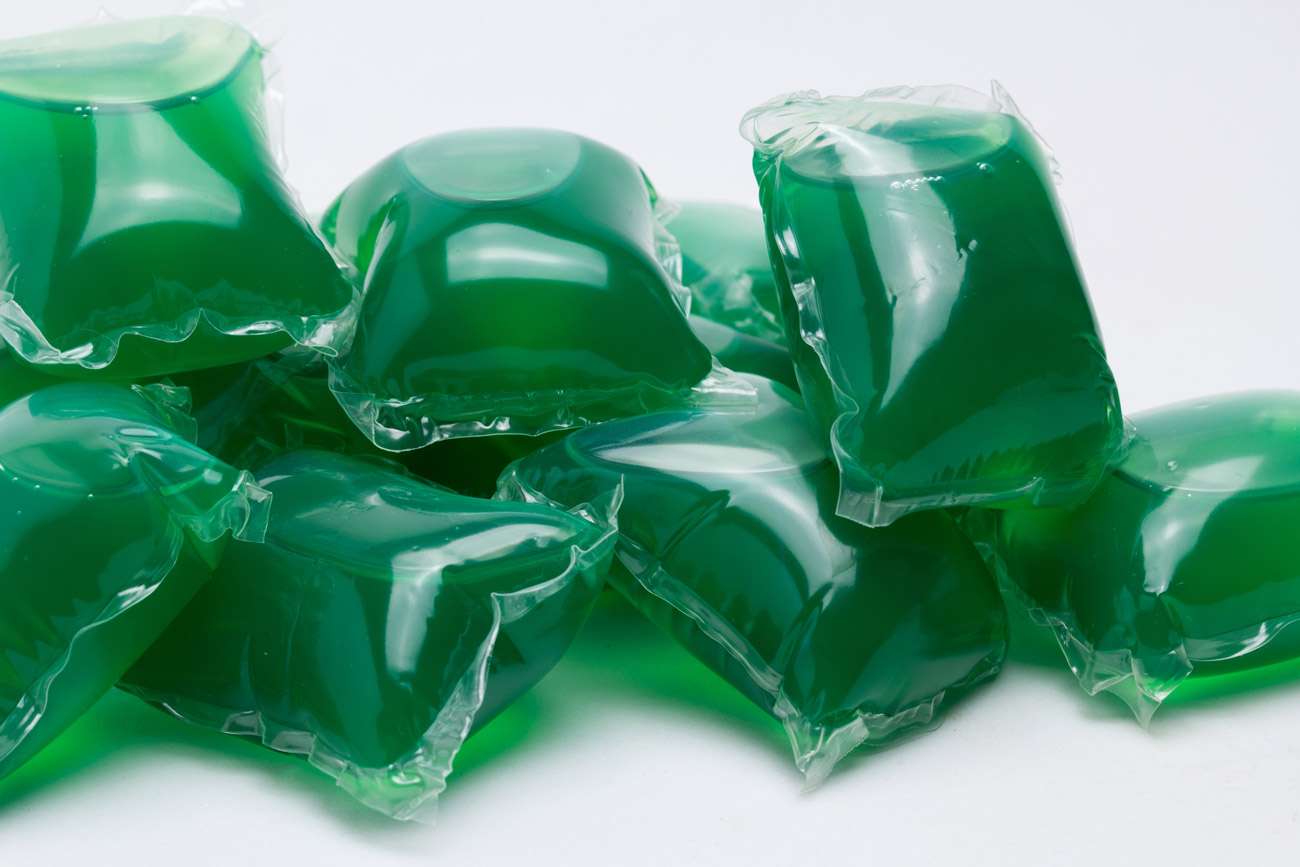
Greenwashing is where a firm spends time and money advertising and marketing that their goods or services are environmentally friendly when, in fact, they are not. In other words, greenwashing is the act of making false or misleading claims about the environmental benefits of a product, service, technology, etc.
Personal care products, food items, and even the clothes we buy can all be subject to greenwashing, making us believe that the producer is environmentally alert to the climate crisis and is trying to do something about it. When in fact the complete opposite is true.
Companies often use the current buzz words; eco, natural, green, organic, but it doesn’t mean that all their products or all the ingredients in a product are “natural,” for example.
Why do we buy products that say “environmentally friendly” or “organic”? It’s because it makes us feel good about ourselves, we think we are getting a superior product or that we are making a difference to the world. But whatever the reason, we are more likely to buy products that have these claims and we are likely to buy more of them. So Greenwashing the marketing campaign of a product is a lucrative business.
How do we know if a company is Greenwashing their products?
If a business uses confusing and empty jargon then you are right to suspect greenwashing.
Look for marketing claims that are backed up by industry recognised certificates and government backed standards. If they don’t have any credentials, it’s greenwashing.
If it sounds too good to be true. Do the statements sound over ambitious? Is the communication overstated and perhaps a little dramatic?
A one-off marketing campaign is exactly that. Quality brands/companies have genuine green credentials built into their DNA.
Intuition. If you feel the company has an ulterior motive, it’s not for you.
It’s reactive, rather than proactive. Businesses that implement environmentalism because of customer reactions, do so to please the customers and grow their profits, rather than to help the environment.
Green, nature-esque graphics. The overuse of happy flowers, green seedlings, rolling mountains, animals and the sun is a distraction from what’s really happening.
Dramatic wording. If the copy and words used in the brand’s communication lack substantial information, there’s probably a reason – there’s no substance.
But it’s not all bad!
Greenwashing is showing that companies are aware that their customers are demanding they think more about the environment, when producing their goods. Hopefully it won’t be too long before they go “properly green”, so we don’t have to do the detective work every time we head to the shops, or purchase something online.











